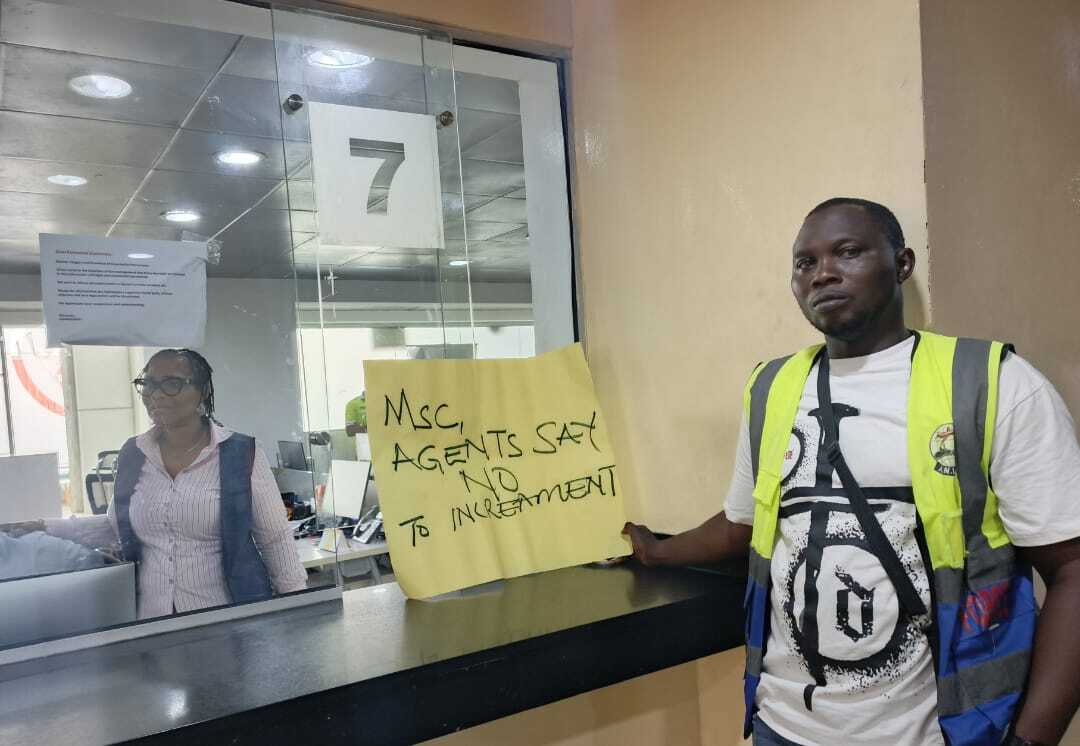Nigeria Civil Aviation Authority (NCAA) has directed pilots not to fly unruly passengers to strengthen safety and discipline in the aviation sector.
The Director of Public Affairs and Consumer Protection, Michael Achimugu, gave the directive yesterday during a meeting with all domestic airlines in Abuja.
Achimugu said pilots would only be allowed to fly after issues had been resolved amicably or the unruly passengers were removed by security from the aircraft.
He said: “Pilots must not fly the plane until unruly passengers are removed from the aircraft by security or the issue is resolved amicably. This will go a long way to protect cabin crew and make passengers treat them with courtesy.
“Cases are overblown because the pilots in command did not take charge. Going forward, no passenger has the right to touch any cabin crew”. He, however, warned cabin crew to be professional in discharging their duties. “Cabin crew should not be rude and passengers should not misconstrue firmness of cabin crew as rudeness,” he said.
The Senior Special Assistant to the Director-General of the NCAA, Mrs Ifueko Abdulmalik, warned that the NCAA would sanction airlines if they fail to notify and offer care to passengers when flights are delayed or cancelled. Airlines present at the meeting were Arik, Ibom, Aero, United Nigeria, Green Africa, Max Air, Rano Air, ValueJet, Air Peace and Overland.
NIGERIAN Meteorological Agency (Nimet) has, in another development, sought improved revenue generation from government agencies, airlines, and other customers that benefit from its weather forecasts in a bid to continually discharge its duties optimally.
Nimet also said that the number of International Organisation for Standardisation (ISO) certified airports in the country had increased from four to five with the addition of Enugu Airport.
The Director-General of Nimet, Prof. Charles Anosike, stated these yesterday in Lagos in his keynote address at the 2025 Stakeholders’ Engagement Forum with the theme: ‘Early Warnings: Raising Awareness on Climate Risks and Promoting Early Action.’
Anosike said the agency could no longer depend on the traditional government subvention alone to sustain the growing demands of weather and climate services.






